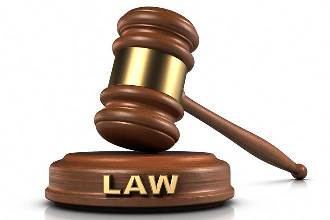

Legislators Can Practice Law, Says SC
The Supreme Court has allowed members of parliament and legislative assemblies to practice as lawyers and advocates. The court said that although they drew salaries from the government, there was no employer-employee relationship. Hence, the court found that they could neither be called public servants as per section 21 of IPC nor could their act of working for litigants be likened to holding an office of profit. The court refused to bar them for appearing in courts or otherwise giving advice to litigants and charging a fee for the same. The court also said that nothing in the Bar Council of India rules prevented them for doing so.By Linus Garg
First publised on 2018-09-27 14:06:08
This is a sensible judgment. If a businessman can continue to operate his business after being elected as a member of any legislature, a painter can continue to paint, an actor can continue with his profession, why cant a lawyer do the same? Among other things, Article 102(1)(a) expressly says that a person shall be disqualified for being chosen as, and for being, a member of either House of Parliament if he holds any office of profit under the Government of India or the Government of any State, other than an office declared by Parliament by law not to disqualify its holder. Section 3 of The Parliament (Prevention Of Disqualification) Act, 1959 lists the offices of profit which the member can hold without being disqualified.
Hence, the question before the court was whether by drawing salaries as members of legislatures, were MPs and MLAs public servants and whether by working for litigants for a fee, lawyers could be held to be holding an office of profit. The added question was that was there a conflict of interest in as much that they were lawmakers as well as law practitioners. The court found that there was no existing law that barred legislators from practicing law, charging fee from litigants or appearing in court.











